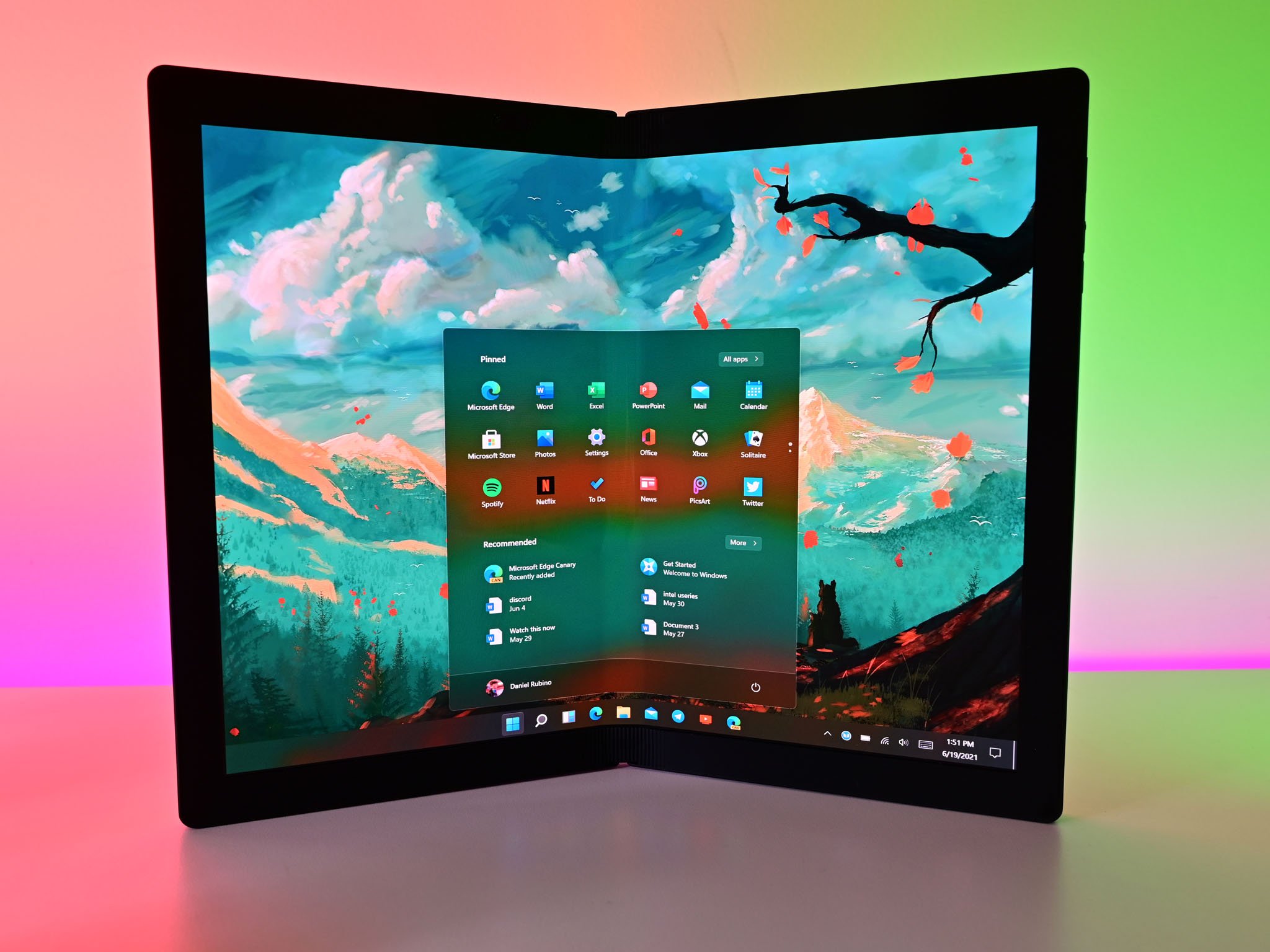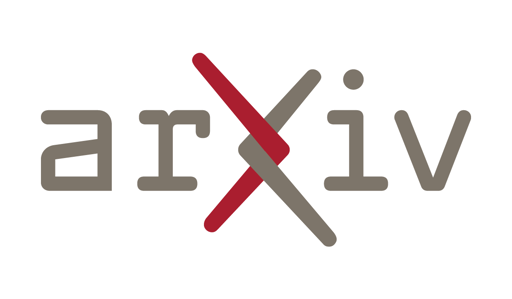Meta Reportedly Eyeing 'Super Sensing' Tech for Smart Glasses
-
schrieb am 9. Mai 2025, 09:05 zuletzt editiert von
Meta is reportedly developing what it calls a "super sensing" type of facial recognition technology to its smart glasses lineup. A new report from The Information said that Meta is developing software for the glasses that has the ability to recognize people by name and keep better track of what users are doing throughout the day.
The company originally planned to include similar technology in its first wave of smart glasses, but abandoned that effort due to privacy concerns.

Meta Reportedly Eyeing 'Super Sensing' Tech for Smart Glasses
The company is reportedly pulling back on some privacy concerns to give its smart glasses lineup a bigger AI boost.

CNET (www.cnet.com)
-
Meta is reportedly developing what it calls a "super sensing" type of facial recognition technology to its smart glasses lineup. A new report from The Information said that Meta is developing software for the glasses that has the ability to recognize people by name and keep better track of what users are doing throughout the day.
The company originally planned to include similar technology in its first wave of smart glasses, but abandoned that effort due to privacy concerns.

Meta Reportedly Eyeing 'Super Sensing' Tech for Smart Glasses
The company is reportedly pulling back on some privacy concerns to give its smart glasses lineup a bigger AI boost.

CNET (www.cnet.com)
schrieb am 9. Mai 2025, 10:55 zuletzt editiert vonI'll be honest, shit like this would be pretty handy—if it didn't also enable more dystopian shit. I'd be happy if it could just remind me of someone's name and how I know them. Maybe remind me of small talk details. But they aren't going to stop there...
-
I'll be honest, shit like this would be pretty handy—if it didn't also enable more dystopian shit. I'd be happy if it could just remind me of someone's name and how I know them. Maybe remind me of small talk details. But they aren't going to stop there...
schrieb am 9. Mai 2025, 11:03 zuletzt editiert vonA tool that keeps track of people in your life and gives you small talk cues seems dystopian in its self. Relying on that you would just further isolate yourself from others.
Thinking about it, I am pretty sure I would immediately despise anyone who used this tool on me, even apart from the fact that they would be putting me into a meta database without my consent. I would despise people who use this tool for the same reason I despise people who crudely implement the strategies from “How to win friends and influence people”. Their interactions are insincere and manipulative.
-
A tool that keeps track of people in your life and gives you small talk cues seems dystopian in its self. Relying on that you would just further isolate yourself from others.
Thinking about it, I am pretty sure I would immediately despise anyone who used this tool on me, even apart from the fact that they would be putting me into a meta database without my consent. I would despise people who use this tool for the same reason I despise people who crudely implement the strategies from “How to win friends and influence people”. Their interactions are insincere and manipulative.
schrieb am 9. Mai 2025, 12:14 zuletzt editiert von magicshel@lemmy.zipI see your point but also I just genuinely don't have a mind for that shit. Even my own close friends and family, it never pops into my head to ask about that vacation they just got back from or what their kids are up to. I rely on social cues from others, mainly my wife, to sort of kick start my brain.
I just started a new job. I can't remember who said they were into fishing and who didn't, and now it's anxiety inducing to try to figure out who is who. Or they ask me a friendly question and I get caught up answering and when I'm done I forget to ask it back to them (because frequently asking someone about their weekend or kids or whatever is their way of getting to share their own life with you, but my brain doesn't think that way).
I get what you're saying. It could absolutely be used for performative interactions but for some of us people drift away because we aren't good at being curious about them or remembering details like that. And also, I have to sit through awkward lunches at work where no one really knows what to talk about or ask about because outside of work we are completely alien to one another.
And it's fine. It wouldn't be worth the damage it does. I have left behind all personally identifiable social media for the same reason. But I do hate how social anxiety and ADHD makes friendship so fleeting.
-
Attic Insulation Installers: What You Need to Know for a More Comfortable Home
Technology vor 3 Tagen 2
2
-
Windows 11 will soon be able to describe images on your screen using AI — and it'll all be done locally
Technology 15. Juli 2025, 13:31 1
1
-
-
-
 1
1
-
-
-
Kids are short-circuiting their school-issued Chromebooks for TikTok clout
Technology 9. Mai 2025, 17:17 1
1

